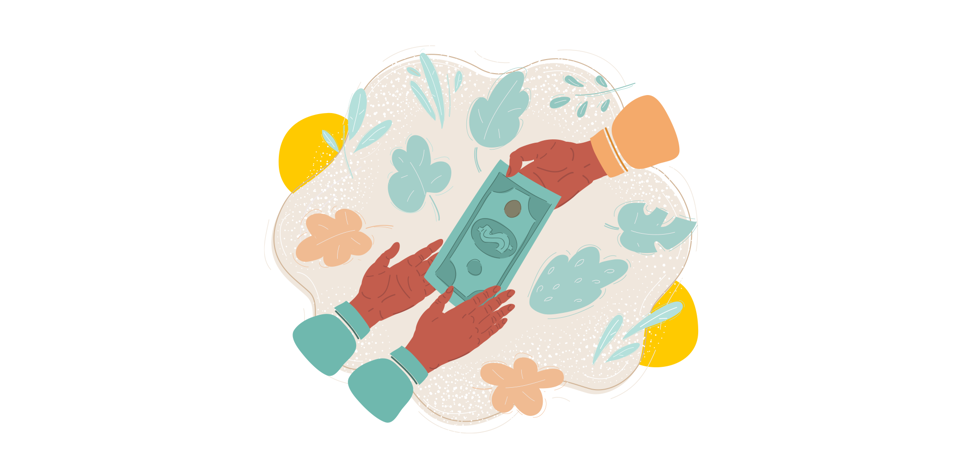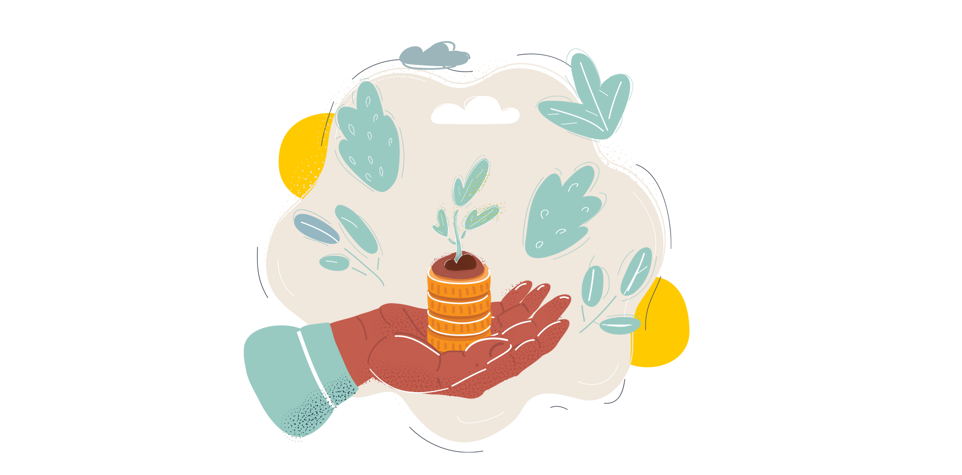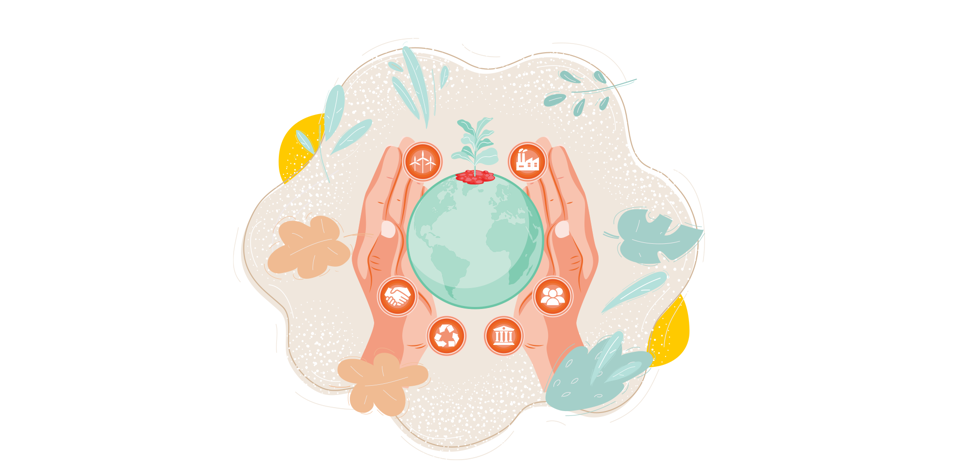Big changes ahead. Stay tuned!
Big changes ahead. Stay tuned!
Nothing here
Start typing to search
Searching..
Nothing matches
There are no matching results.
Sorry!
There has been an error.
Big changes ahead. Stay tuned!
Big changes ahead. Stay tuned!
Nothing here
Start typing to search
Searching..
Nothing matches
There are no matching results.
Sorry!
There has been an error.

The Water Waqf Fund is an Islamic endowment involving pooling donated funds that are invested to generate income supporting projects that provide safe drinking water, enhance water infrastructure
Donate Now


When a person dies, all their deeds end except three: a continuing charity, beneficial knowledge and a child who prays for themProphet Mohamed PBUH (Sahih Muslim)
Water is a precious resource, and many communities around the world suffer from severe water shortages. By investing in a Waqf Water Share, you can help provide clean water and sanitation to those in need, creating lasting benefits for generations to come.
"The best charity is providing drinking water." - Prophet Muhammad (peace be upon him)
Your donation will support projects that install water supplies and drill wells in areas facing water scarcity, such as Pakistan, Somalia, Yemen, and Palestine. This not only improves health and hygiene but also empowers communities by enabling them to grow crops and feed their animals.
"And We created from water every living thing." - Quran 21:30
Join us in making a difference. Your Waqf Water Share will continue to provide rewards and benefits forever, ensuring that your generosity has a lasting impact.



